Human rights are basic standards of life to which all people are entitled simply because they are human.

History of the Universal Declaration of Human Rights
Following World War II, the United Nations (UN) was created. As part of this creation, it was decided that the rights of every individual everywhere should be defined. The Universal Declaration of Human Rights was created to define what rights should be guaranteed to every person on the planet, without exception.
On 10 December 1948, the Universal Declaration of Human Rights was formally adopted by the UN.
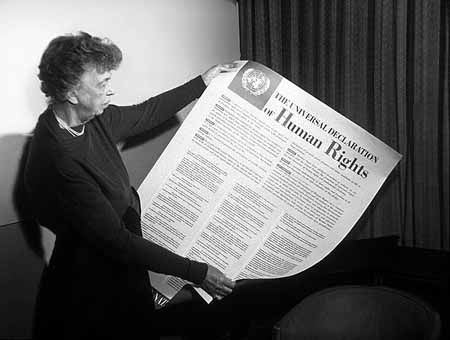 Eleanor Roosevelt and Human Rights Declaration
Eleanor Roosevelt and Human Rights Declaration
Did you know?
The drafters of the Universal Declaration of Human Rights
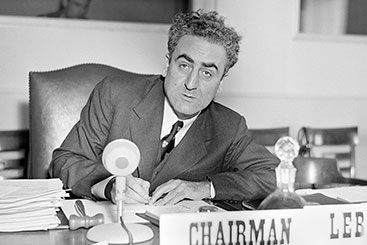 Dr. Charles Malik (Lebanon)
Dr. Charles Malik (Lebanon)
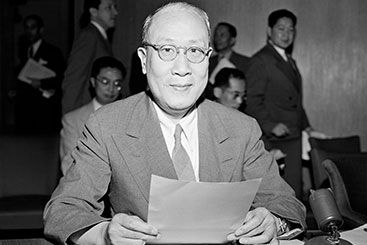 Dr. Peng-chun Chang (China)
Dr. Peng-chun Chang (China)
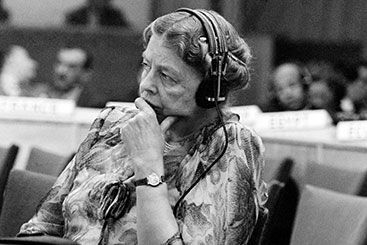 Eleanor Roosevelt (US)
Eleanor Roosevelt (US)
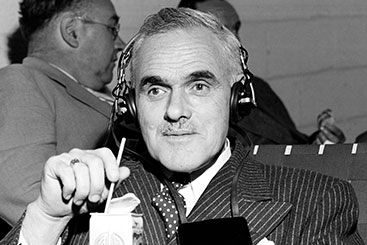 William Hodgson (Australia)
William Hodgson (Australia)
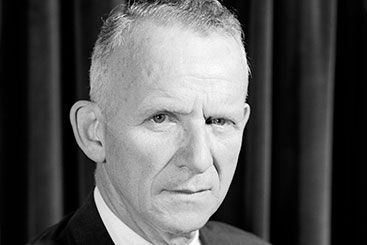 John P. Humphrey (Canada)
John P. Humphrey (Canada)
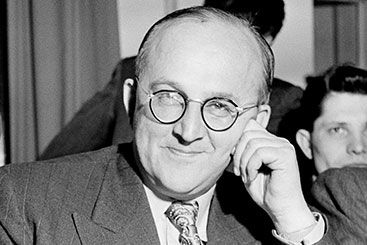 Alexandre Bogomolov (USSR)
Alexandre Bogomolov (USSR)
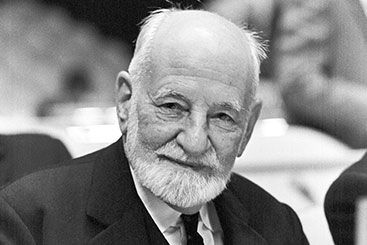 René Cassin (France)
René Cassin (France)
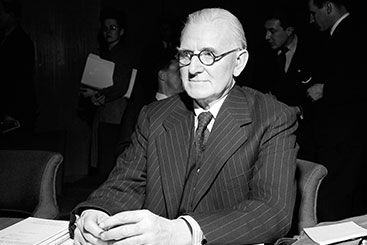 Charles Dukes (United Kingdom)
Charles Dukes (United Kingdom)
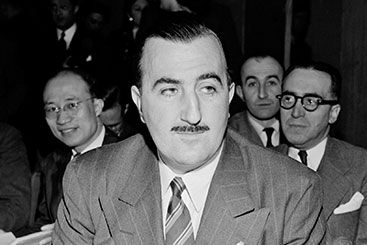 Hernan Santa Cruz (Chile)
Hernan Santa Cruz (Chile)
The 30 articles of the Universal Declaration of Human Rights
Innate freedom & equality
Ban on discrimination
Right to life
Ban on slavery
Ban on torture
Right to recognition as a person before the law
Equality before the law
Right to effective judiciary
Ban on arbitrary detention
Right to public hearing
Right to presumption of innocence
Right to privacy
Right to freedom of movement
Right to asylum
Right to a nationality
Right to marriage & family
Right to own property
Right to freedom of thought & religion
Right to freedom of opinion & expression
Right to freedom of assembly & association
Right to take part in government
Right to social security
Right to work
Right to rest
Right to an adequate standard of living
Right to education
Right to participate in cultural life
Right to a social and international order
Duties & limitations
Salvatory clause
Did you know?
Subscribe for more quick bites of learning delivered to your inbox.
Unsubscribe anytime. No spam. 🙂
Take Action
The Universal Declaration of Human Rights provides the framework for a standard of life to which all people should have access.
How are these rights upheld or not upheld in different areas of the world?
Do you agree with the 30 human rights listed in the Declaration? Are there any rights that you would add, delete, or alter?
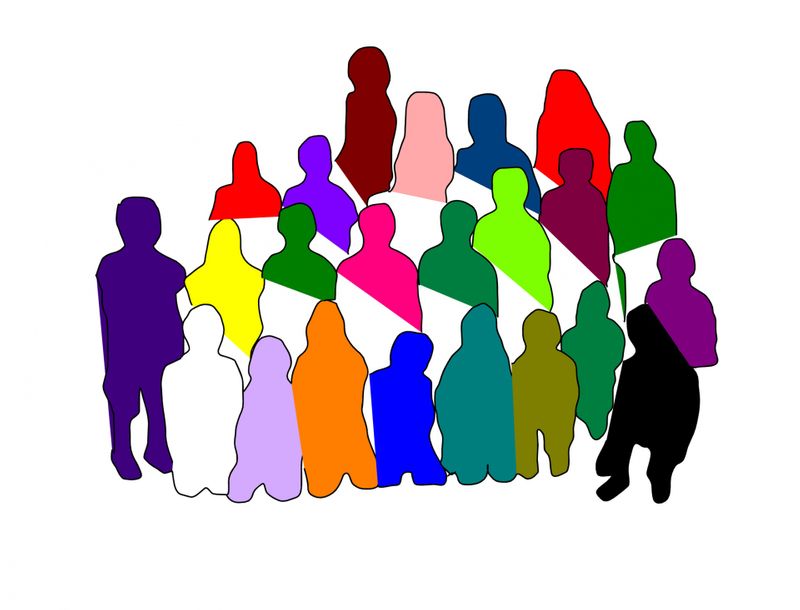 Image by Pat Lyn at publicdomainpictures.net
Image by Pat Lyn at publicdomainpictures.net
Your feedback matters to us.
This Byte helped me better understand the topic.
